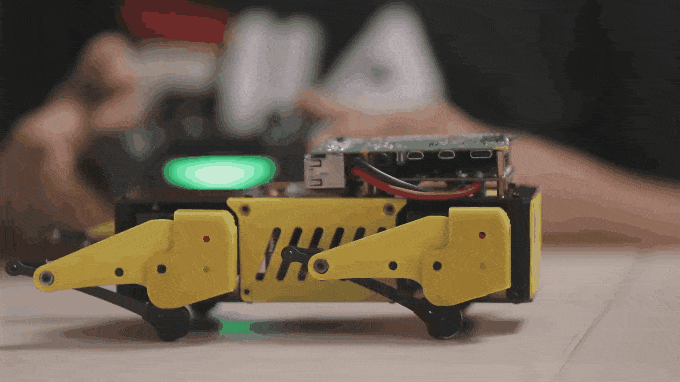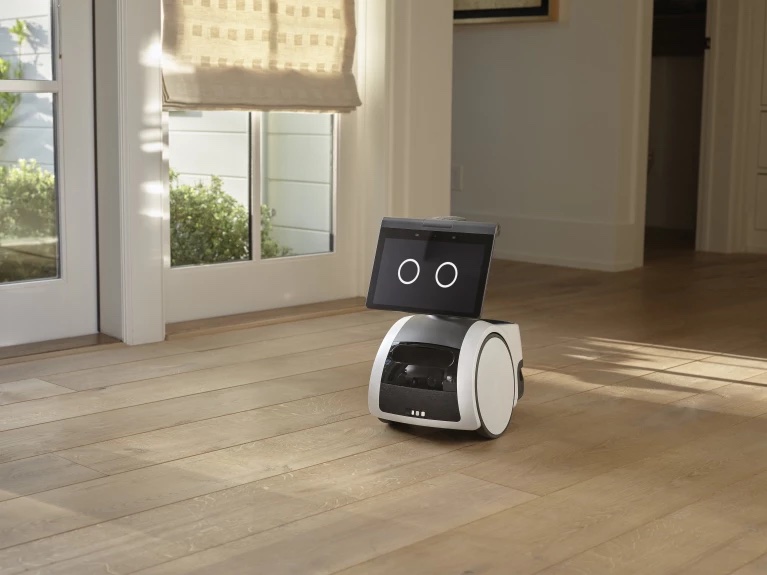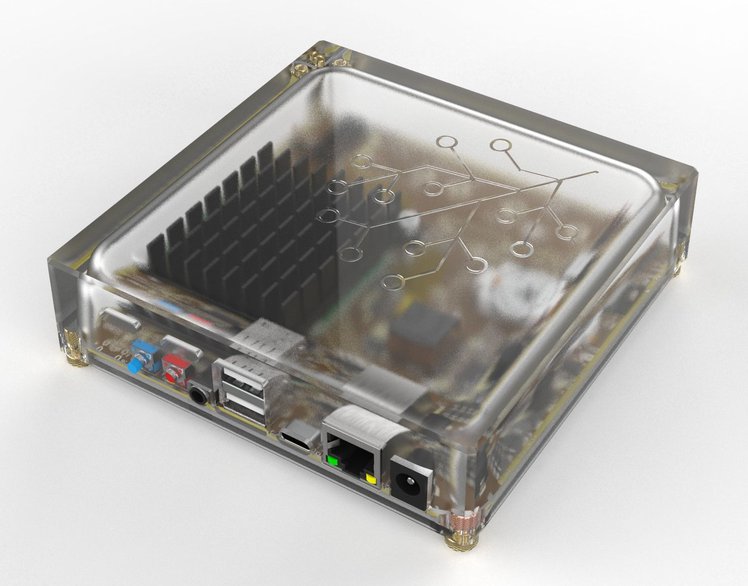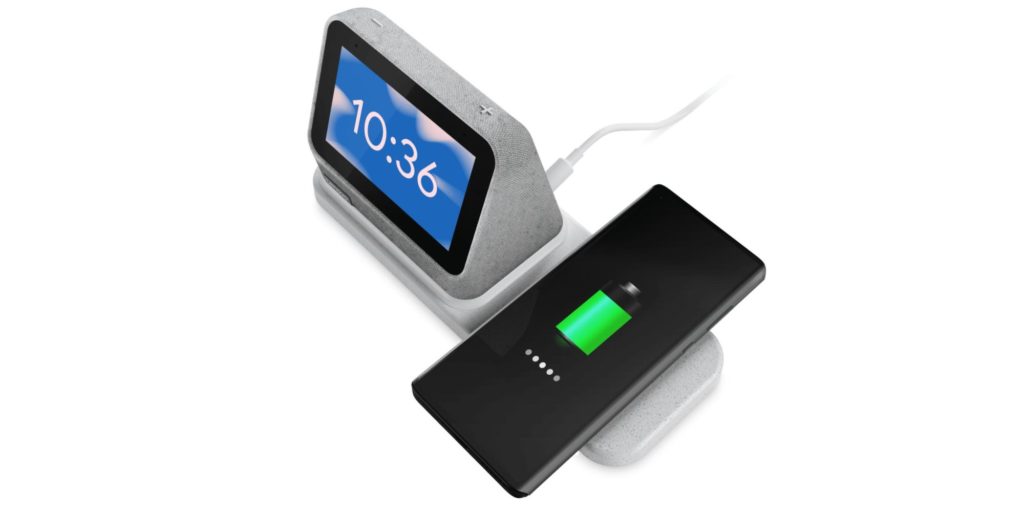The industrial automation world got a jolt of news with Emerson combining some of its industrial IoT software businesses with AspenTech in an $11 billion transaction. We explain why the deal matters and what it means, before hopping over to discuss Best Buy’s acquisition of Current Health. Then we review large funding rounds for Plume and Magic Leap. On the product news front, AT&T will provide connectivity for Blues Wireless, Tile’s new trackers have Ultrawideband, and Ecobee has added Siri support for its voice thermostat. Apple is also thinking about health sensors inside its AirPods, although this has been a dream of headphone companies for years, and Amazon Alexa has new Halloween routines. I’m less excited about the routine and more excited that Amazon has found an easy mechanism to share routines. We close out the news segment of the show by answering a listener question about smart devices for woodworking workshops.
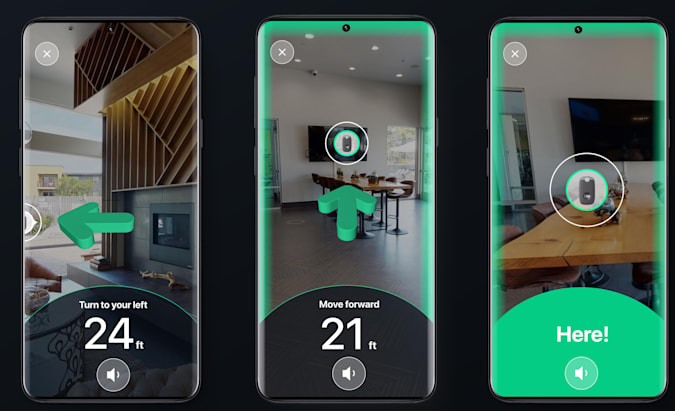
Our guest this week is Jim Carroll, who is the CEO of Sendal, a fairly new smart home company that wants to create services built on the backs of popular connected devices. We discuss the planned business model, why people will pay for good user experiences in the smart home, and how to share revenue among many device makers. We also get Carroll’s perspective on the smart home from his time as the CEO of Savant until now. Like me, he’s disappointed at where we’re at and hopes to change it. We then discuss how you can differentiate a true IoT company from a hardware company, and how to graduate from thinking like a device maker to a services company. It’s a fun interview, and I always enjoy a good Boston accent.
Hosts: Stacey Higginbotham and Kevin Tofel
Guest: Jim Carroll, CEO of Sendal
Sponsors: Trek10 and Ayla Networks
- Why Emerson’s deal with AspenTech matters for the industrial IoT
- Best Buy aims to be the connected device integrator for remote healthcare
- Why Magic Leap got more money
- After Savant, this is the smart home problem Jim Carroll wants to solve
- Are you a real IoT company or just a pusher of connected hardware?
Podcast: Play in new window | Download | Embed
Subscribe: RSS

